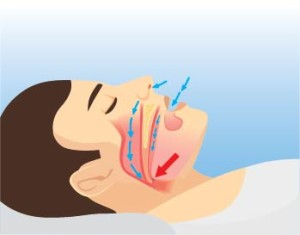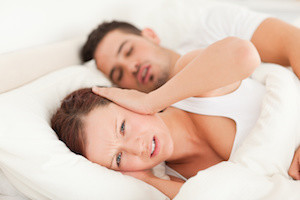Comparing Snoring and Sleep Apnea
When you think of sleep apnea, what do you immediately think of? Many people immediately think of snoring, but it is important to understand that is not always the case. While some people suffering from sleep apnea might snore, not all actually do. Let’s take a look at the differences between sleep apnea and snoring:


